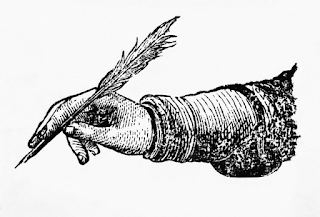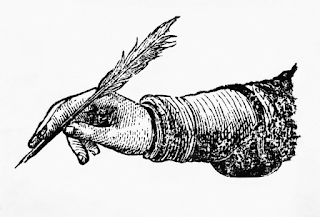Independent ✏ Thirteen marchers were shot dead in the Bogside on 30 January 1972 when the army opened fire on civil rights marchers.
Lieutenant Colonel Derek Wilford died at the age of 90 in Belgium, having suffered from Parkinson’s disease, according to an obituary in The Times.
Bloody Sunday, on January 30 1972, was one of the darkest days in the history of the Northern Ireland Troubles.
Thirteen people were killed on the day and another man shot by paratroopers died four months later.
Many consider him the 14th victim of Bloody Sunday, but his death was formally attributed to an inoperable brain tumour.
Another 14 people were injured in the shootings.
In a statement, Tony Doherty, chairman of the Bloody Sunday Trust, whose father was killed on Bloody Sunday, said: “The passing of Derek Wilford, while felt by his family, will not be mourned by the families of the innocent men and boys whose lives were taken by armed British paratroopers on Bloody Sunday.
 |
| Jonathan McCambridge |
Bloody Sunday, on January 30 1972, was one of the darkest days in the history of the Northern Ireland Troubles.
Thirteen people were killed on the day and another man shot by paratroopers died four months later.
Many consider him the 14th victim of Bloody Sunday, but his death was formally attributed to an inoperable brain tumour.
Another 14 people were injured in the shootings.
In a statement, Tony Doherty, chairman of the Bloody Sunday Trust, whose father was killed on Bloody Sunday, said: “The passing of Derek Wilford, while felt by his family, will not be mourned by the families of the innocent men and boys whose lives were taken by armed British paratroopers on Bloody Sunday.
Colonel Wilford lived in a constant state of denial, never once accepting any measure of responsibility for his actions on that fateful day.
Continue reading @ The Independent.

































